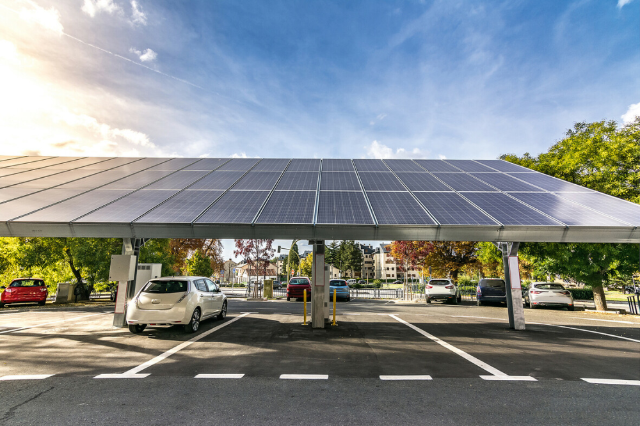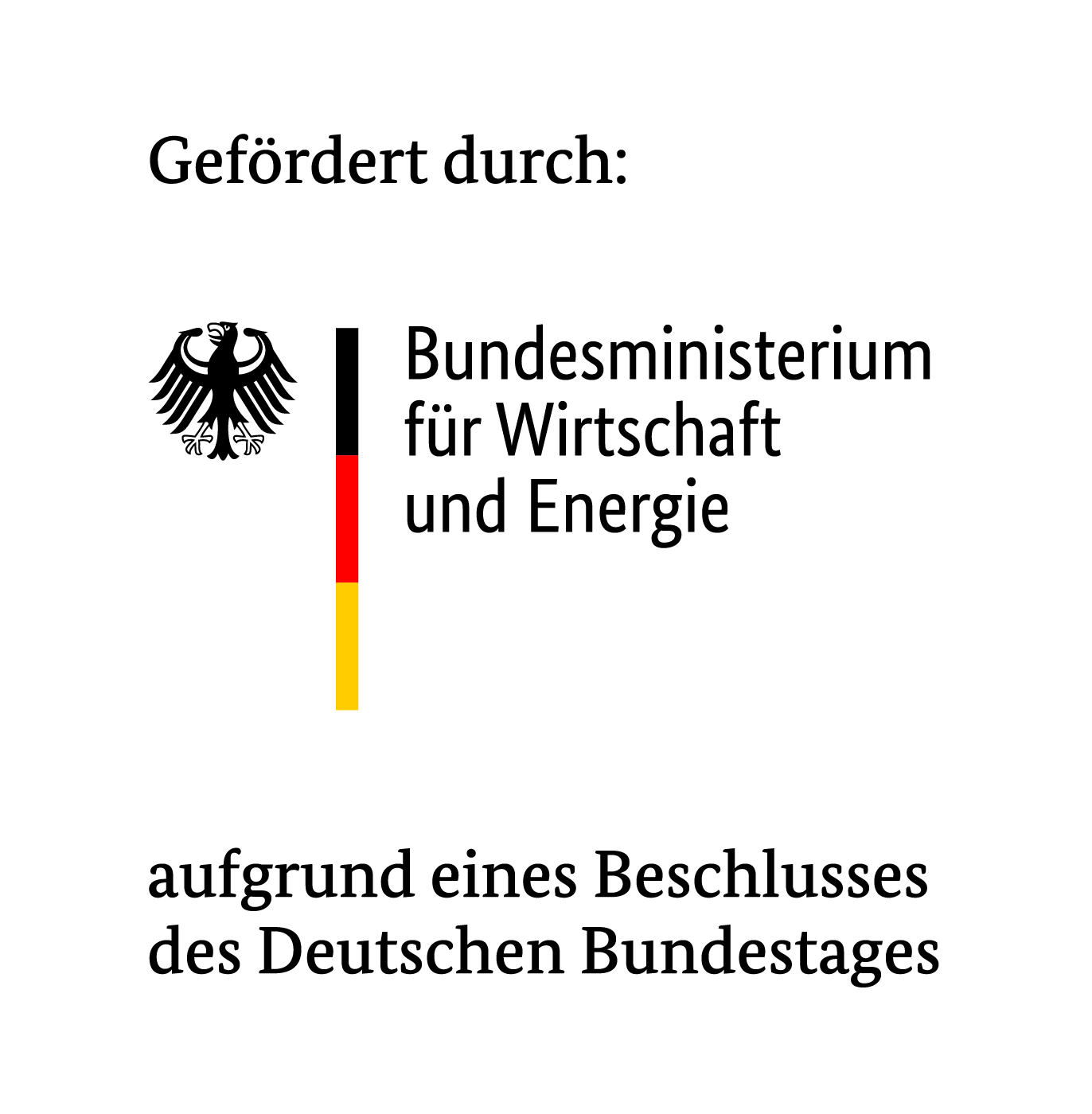Motivation
The transformation of German energy infrastructure is a key task to meet the challenges of climate change and the German government's energy policy goals. The BiFlex-Industry project, with its focus on bidirectional flexibility through vehicle fleet power plants, is at the center of these efforts. The integration of electric vehicle batteries as energy storage plays a crucial role in ensuring grid stability and using renewable energies more efficiently.
With the advancing electrification of mobility, there is tremendous potential for energy storage and recovery solutions. The BiFlex-Industry project addresses this by developing innovative technologies such as bi-directional charging stations and intelligent control mechanisms. These approaches are essential for balancing out the variability of energy generation from renewable sources and ensuring a reliable energy supply.
The challenges in this area are manifold. Precise coordination and comprehensive management are required to effectively integrate the systems involved. The development of standardized energy management solutions that are both scalable and flexible is crucial in this context. Equally important is the exchange of insights and experience between the various stakeholders to establish best practices and to continuously improve respective technologies.
The project therefore provides a unique opportunity to be at the forefront of this development and to make significant contributions to the energy transition. By participating in this project, we hope to gain valuable insights into the interface between renewable energies and electromobility and actively contribute to solutions for the challenges of our time.
Objectives
The project has six main objectives:
- Development of regenerative AC and DC charging stations, including customized hardware and open communication interfaces to overarching control systems.
- Development of control mechanisms and communication interfaces for integration of bidirectional charging into energy management systems.
- Conceptualization and development of methods for determining and forecasting flexibility potentials through feedback within and around the company.
- Standardization, transferability, and knowledge transfer
- Cross-site or cross-company utilization of flexibility
- Enhancement of system resilience
The Karlsruhe University of Applied Sciences aims to implement predictive maintenance solutions for bidirectional charging infrastructures to monitor the health of charging stations. We also want to contribute to an intelligent energy management system by developing advanced load and charging demand forecasts. Another focus is the design of viable business models and end-user processes for bidirectional charging in the context of company fleets.
Methodology
By applying machine learning methods, reliable and accurate load forecasts and charging demand forecasts are intended to be computed for an intelligent energy management system.
In the context of charging infrastructure, disruptions are a recurring issue, posing challenges for the reliable operation of bi-directional vehicle fleets. Predictive maintenance solutions are to be made available to recognize at an early stage whether charging points are no longer functioning properly and to repair them. This is achieved using statistical methods and models from the field of machine learning.
The incentive mechanisms and business models developed in the project will be evaluated and tested for feasibility together with the participating companies based on the use cases (vehicle-to-industry, industry-to-X, home-to-industry) in commercial bidirectional electric vehicle fleets. The extent to which bidirectional charging processes can be helpful in future scenarios, such as grid stabilization, self-supply, or internal consumption and cost optimization of companies is being researched.
Contacs
Partner
- Fraunhofer-Institut für Solare Energiesysteme (ISE)
- Fraunhofer-Institut für Arbeitswirtschaft und Organisation (IAO)
- Fraunhofer-Institut für Optronik, Systemtechnik und Bildauswertung (IOSB-AST)
- Ambibox GmbH
- Chargebyte GmbH
- Deutsche Kommission Elektrotechnik Elektronik
- Informationstechnik in DIN und VDE
- ENIT Energy IT Systems GmbH

